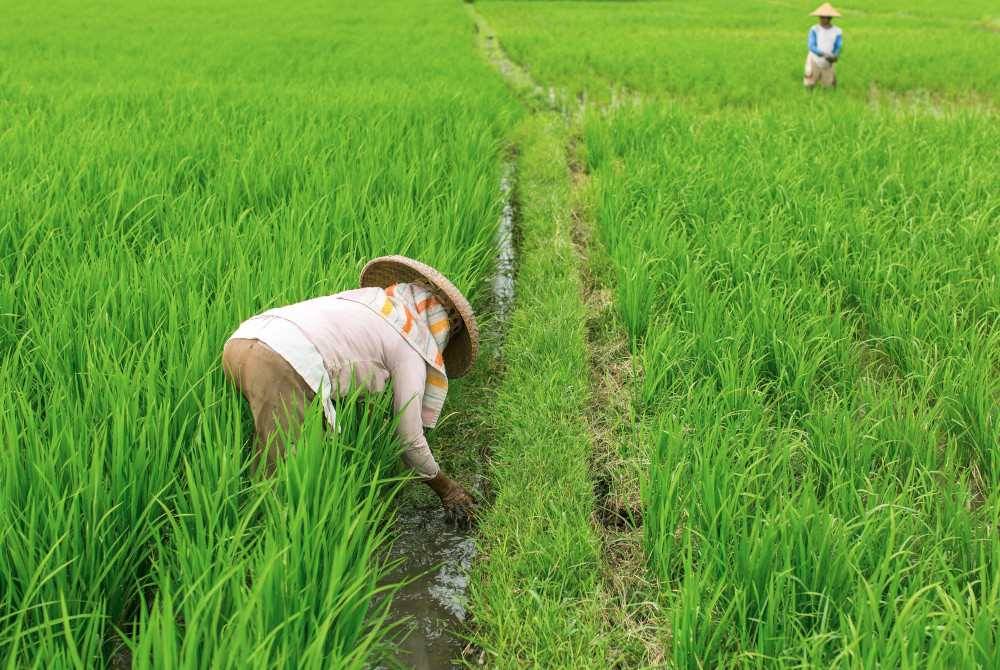Indonesia braces for food crisis amid heatwave in dry season
Reduced agricultural production would particularly impact rice, the main staple food for millions of people.

JAKARTA - Indonesian President Joko Widodo, popularly known as Jokowi, has warned that the country will face heatwaves and drought over the next four months, potentially leading to a food crisis.
"The BMKG has estimated that the heatwave and dry season will occur from July to October, bringing a high possibility of drought. This must be anticipated," Jokowi said in Bapeang village, East Kotawaringin regency, Central Kalimantan province, on Wednesday. He referred to Indonesia's Meteorology, Climatology, and Geophysics Agency (BMKG).
Jokowi expressed concern that the dry season caused by the heatwave could reduce agricultural productivity, noting that this issue is not unique to Indonesia but affects many countries globally. In Indonesia, reduced agricultural production would particularly impact rice, the main staple food for millions of people.
Indonesia has experienced prolonged droughts in almost every dry season, worsened by the extreme El Nino phenomenon, which disrupted rice production in the largest economy of Southeast Asia. This has forced the country to import rice to secure domestic stocks.
The situation could worsen as other countries experiencing long droughts and heatwaves might also see their rice production decline. These countries might then prioritise their domestic consumption over exports, Jokowi added.
Data from Indonesia's Ministry of Agriculture indicates that a food crisis can cause 7 to 16 per cent of the population to experience hunger. With the country's population projected to reach 281.6 million in 2024, it is estimated that around 19.7 to 45 million people could be at risk of hunger.
"Currently, Indonesia is vulnerable to a hunger crisis. We have to boost our food production, especially rice, in the next three months," Indonesian Minister of Agriculture Amran Sulaiman said on Tuesday.
To address the difficulty of importing rice, the Indonesian government is preparing an anticipatory measure in the form of a mass pumping programme, distributing 20,000 pumps throughout the country to ensure water availability in rain-fed lands that dry up due to the global heatwave.
"We will provide up to 70,000 more pumps across Indonesia. The programme is expected to be able to increase our Planting Index. If previously we only had one planting season per year, it could become three times," Jokowi said.
"More planting will automatically increase the productivity of the farm products. Of course, we also monitor other related issues, such as the quality of fertilisers," he added.
On Monday, the BMKG detected that several regions in Indonesia, including Jakarta and its satellite cities as well as Aceh province on Sumatra Island, would experience maximum daily heat temperatures of 35 degrees Celsius.
The BMKG meteorological team explained that the maximum daytime heat was caused by the apparent motion of the sun being closest to the equator, marking the start of the dry season in Indonesia.
To reduce the impact of hot temperatures, BMKG has urged the public to consume enough mineral water regularly to avoid dehydration. The agency has also reminded the public not to burn garbage or other waste to reduce the potential for fires due to the hot sun in the forest or land areas. - BERNAMA-XINHUA











